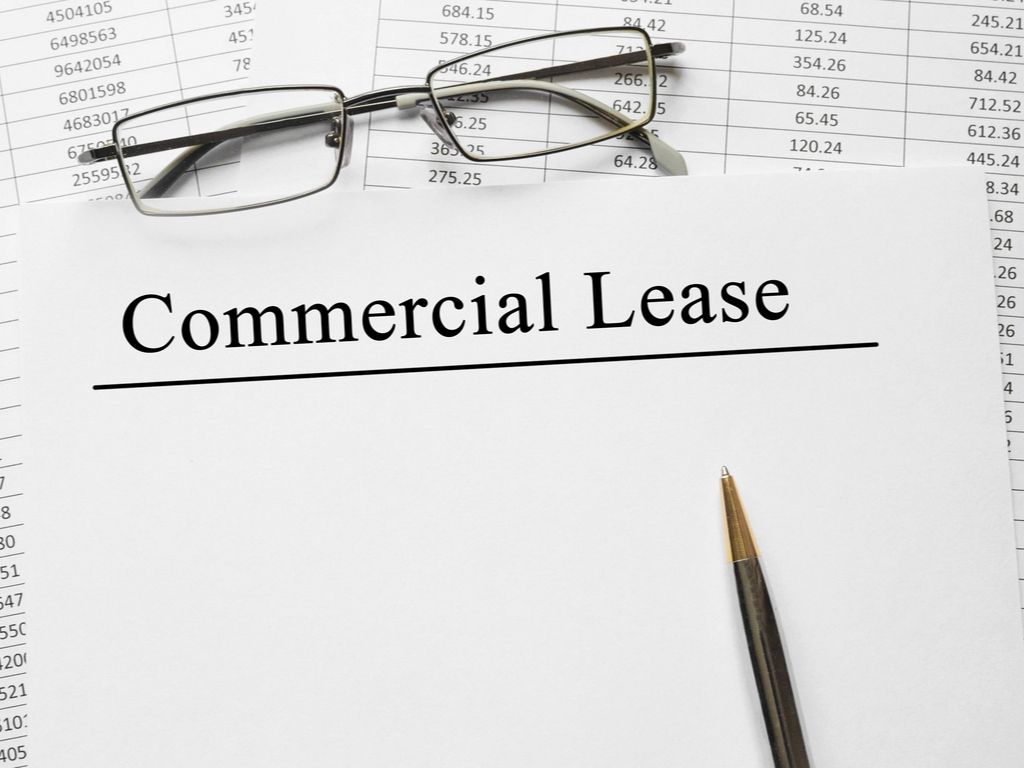What You Need to Know About Commercial Leases

As a business owner, you have plenty of things to consider when it comes to setting up shop. It doesn’t matter if you’re looking for space for an office, warehouse, or retail store. Negotiation becomes a critical concern, as far as terms and conditions. Ultimately, you’ll want more than some basic knowledge about the execution of commercial leases.
One of the first issues that generally surface when renting commercial property relates to the duration of the lease. If you’re newly in business, you may want to err on the side of caution. However, you could find yourself enticed into a longer-term lease. Landlords like to lock in tenants for as long as possible.
You can well imagine the issues that can arise should you enter into a contract that obligates you for several years. For one, you need to ensure that your business will thrive. Additionally, you should be concerned that you could outgrow your space or find it doesn’t meet your location requirements.
Next, you’ll want to know your obligations. Of course, there’s the obvious expectation regarding paying the rent on time. However, are you expected to pay remodeling expenses? What about indoor and outdoor maintenance costs? These are just a few concerns that should be addressed during negotiations and reflected in the lease agreement.
Different Types of Commercial Leases
Commercial leases generally fall into three separate categories. Most often, the landlord’s attorney prepares the lease and presents it to the tenant for consideration. An experienced real estate lawyer can assist the business owner with the review and finalization of the lease. The different types of commercial leases include:
Gross leases: For the most part, commercial tenants enjoy the most benefits from gross leases. The tenant agrees to pay rental fees for a specified period of time. The landlord assumes the responsibility of paying expenses associated with owning and operating the premises. In many instances, this includes utilities, such as electrical expenses.
While most gross leases include fixed costs, it is critical to determine if there are limitations. It is also necessary to identify all of the elements included as part of the gross lease. For example, what about snow removal? Does the landlord take on the cost or expect the tenant to do so?
Net leases: Not all net lease agreements are created alike. Net leases are broken down as follows:
- Single net lease: Tenant pays monthly rent and property taxes.
- Double net lease: Rent, taxes, and insurance are paid by the tenant.
- Triple net lease: Tenant pays everything associated with the double net lease. However, the tenant also assumes maintenance costs as well.
In net lease agreements, the tenant’s share of the cost is computed based on the size of lease space. The landlord pays for costs not allocated to the tenant. For example, in a single net lease arrangement, the property owner is responsible for insurance and maintenance costs.
Modified gross lease: Under a modified gross lease, the commercial tenant still pays a flat rate. However, the tenant may take on some of the other responsibilities as well.
Legal representation remains critical when it comes to negotiation and execution of a commercial lease. As a business owner, you want to focus on your growth and not get bogged down by other matters.
Contact Us
Mazzoni Valvano Szewczyk & Karam are here to assist you with your commercial lease negotiation. We have extensive experience representing both landlords and tenants. Contact us for an appointment.

